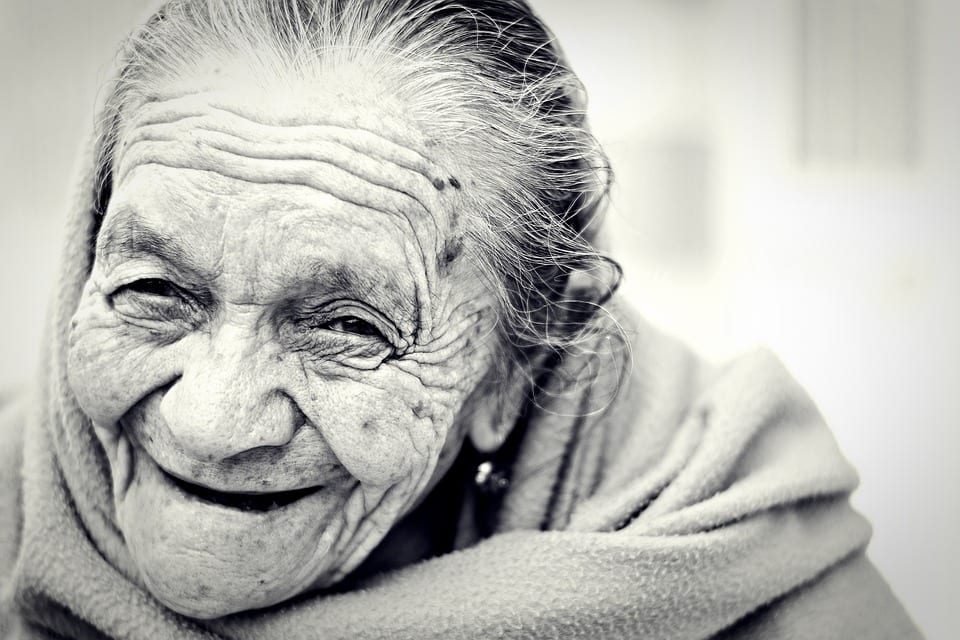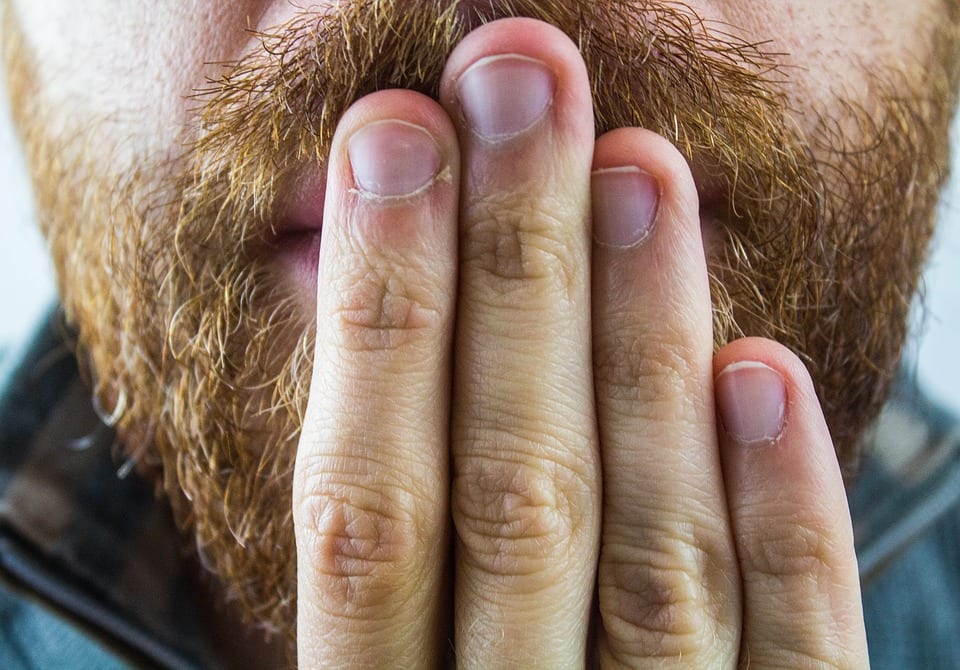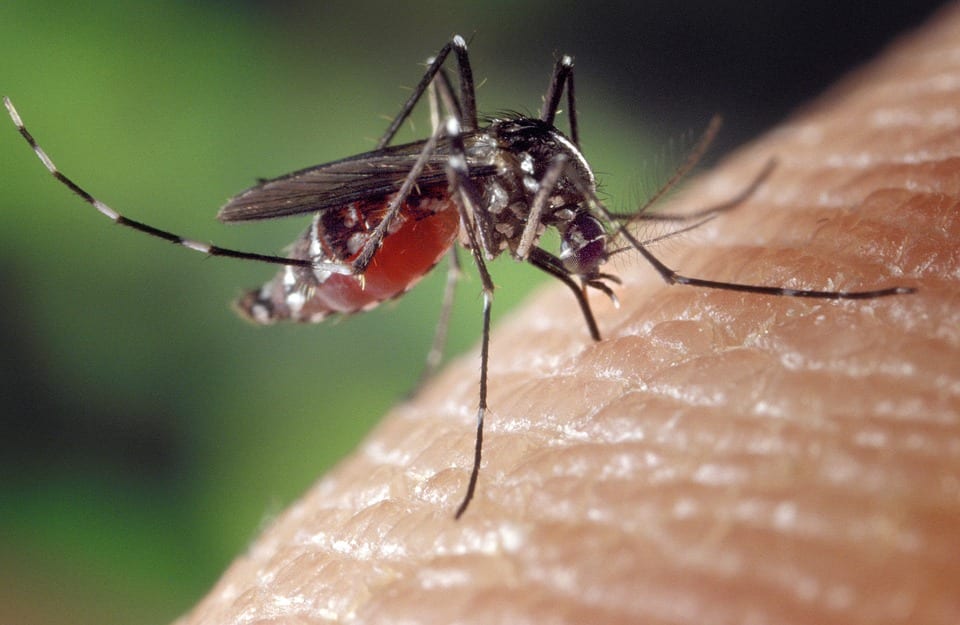With all of the advances and discoveries and general amazingness of science these days, it’s hard to believe that no one really knows the answers to these 8 common whys and hows.
#8. How we age.

Image Credit: Pixabay
We know that reactive chemicals called free radicals contribute, but they’re not thought to be the sole cause of aging, as our cells are able to keep the damage they cause to a minimum. Numerous other contributors have been found and confirmed, but no single factor explains even most of the aging process. It all boils down to the fact that we don’t understand how it works or how to stop it, so don’t feel bad for not forking over the big bucks for skincare.
#7. How to cure hiccups.

Image Credit: Pixabay
Hiccups are annoying but not dangerous, which is perhaps why no real treatment has ever been researched or found. If you do contract a severe case of the hiccups, there are remedies a hospital could try, but for most cases, you just have to wait them out.
#6. Why we laugh.

Image Credit: Pixabay
Humans aren’t the only creatures that laugh – monkeys, dolphins, and even rats make similar noises – and scientists aren’t sure what the purpose is behind the response. The leading hypothesis is that laughter developed as a social tool, but why exactly, no one knows for sure.
#5. How general anesthesia works.

Image Credit: Pixabay
You trust that your doctors know what’s best for you, but get this – they know general anesthesia works, but not exactly how. They know that the drugs block pain signals from reaching the central nervous system, but the molecular basis remains a mystery.
The drugs seem to interfere with protein function on nerve cells in the central nervous system, but it’s unknown how exactly they do that.
I guess as long as they work, that’s all that matters.
#4. What dreams are for.

Image Credit: Pixabay
Dreams are weird; there’s no denying that, and, given that they’re connected to REM sleep, which is also poorly understood, perhaps it’s not so surprising that doctors don’t understand exactly why they happen.
It’s totally possible they serve no purpose at all and are simply a byproduct of REM sleep.
#3. Why we sleep.

Image Credit: Pixabay
We do know that sleep aids healing, memory consolidation, and other important processes, and that going completely without can be fatal, but science doesn’t really understand how sleep works to recharge our bodies.
#2. Why we cry.

Image Credit: Pixabay
Like sleep, the reasons behind why we cry remain a mystery to those who have studied it. What we do know is totally interesting: the tears we produce when we cry have a different composition from those we produce to help get rid of something in our eyes or lubricate them when they’re dry. But why we would need two different kinds of tears remains a mystery.
Some evolutionary psychologists think crying is meant to be a distress call to other humans, but others argue against that theory, citing the fact that some people don’t cry until after a stressful situation has resolved. Plus, most humans tend to avoid others crying in public.
#1. Why we itch.

Image Credit: Pixabay
I’m not sure there’s a more annoying human condition than being super itchy, and to make things worse, no one really knows what triggers our urge to scratch. The fine hairs on our skin are hypothesized to trigger our “mechanical itch” by alerting us to the presence of a bug or parasite, but then there’s the “chemical itch” that’s triggered by a histamine reaction and takes place after said bug has already bitten and flown.
Why do we have to itch after a bite or other irritation? Your guess is as good as everyone else’s!
Maybe you could figure one out and be famous. You never know!






